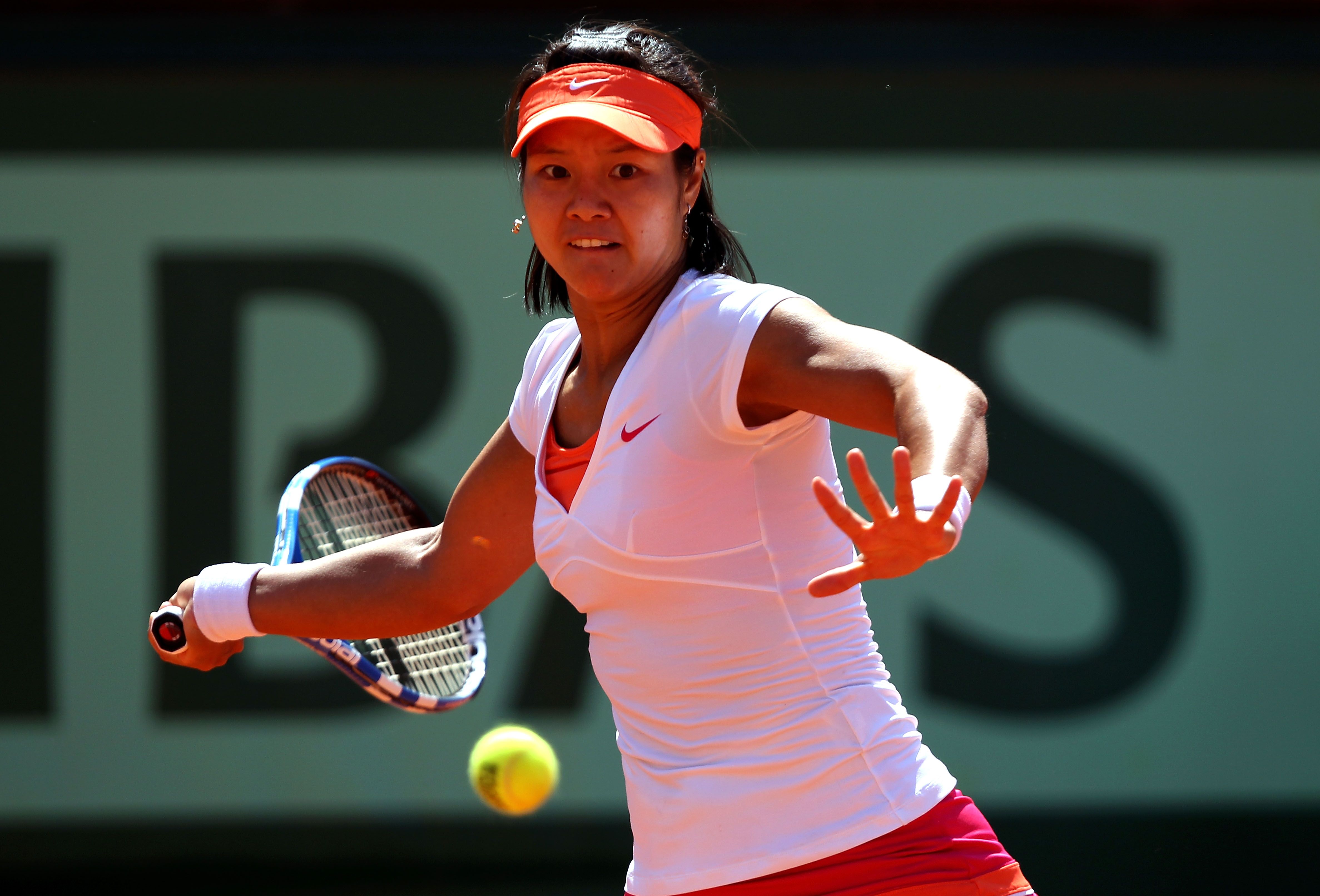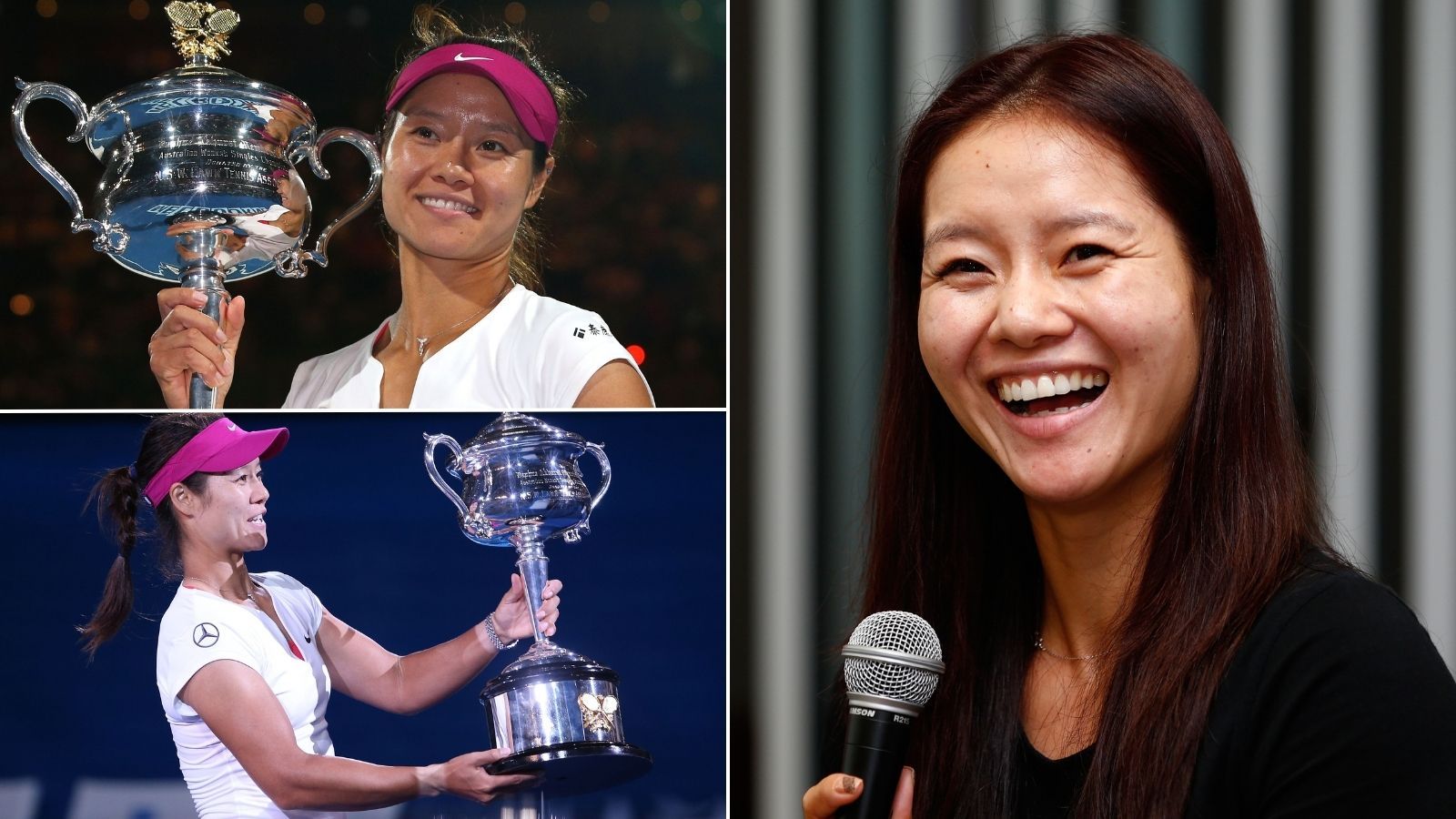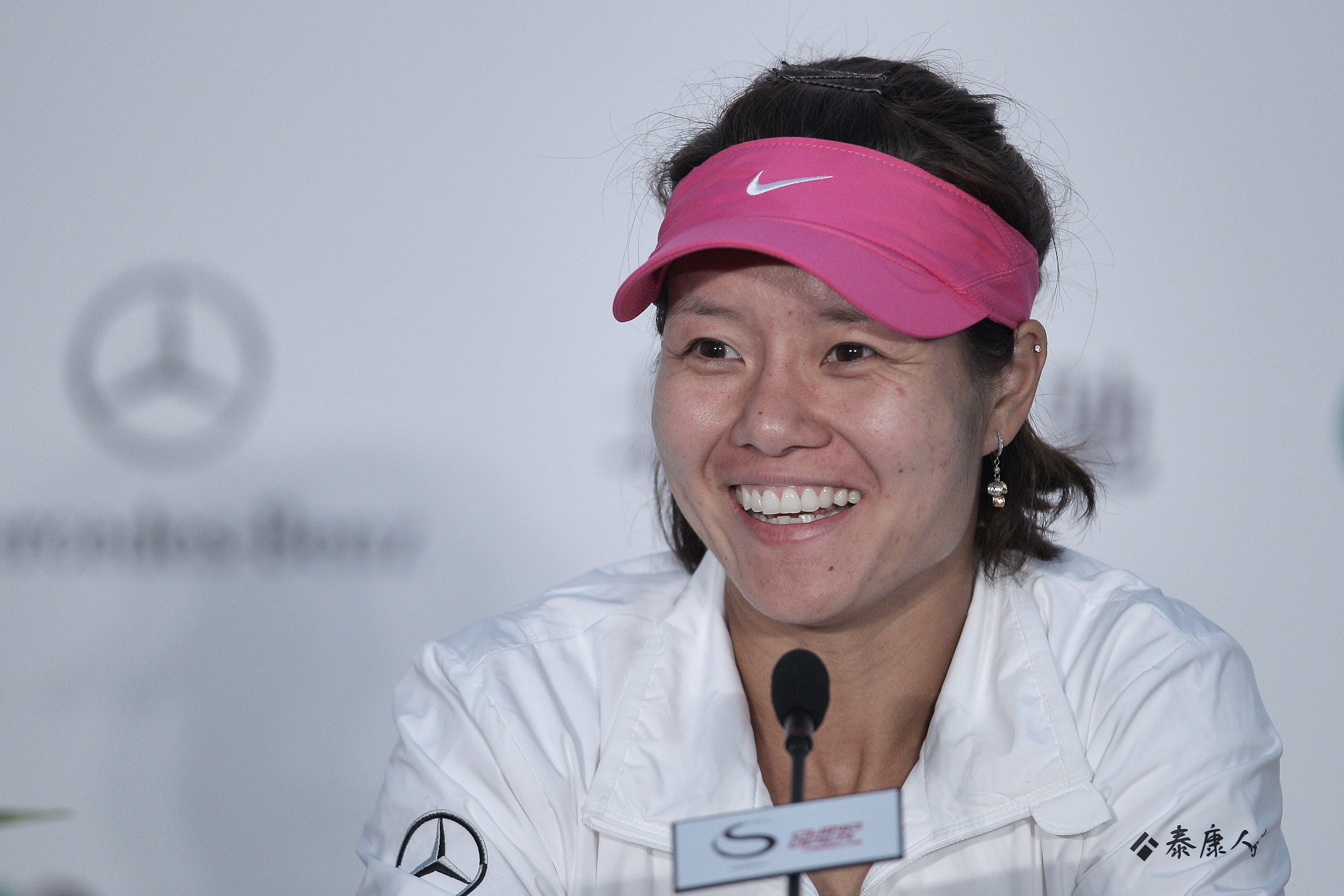Few players have ever had more of an impact on the game of tennis than Li Na. The Chinese star is a two-time Grand Slam singles champion, a former world number two and a nine-time winner on the WTA Tour. And while these statistics alone do not compare with the likes of Serena Williams or Steffi Graf, Na became a trailblazer for future tennis stars in Asia –– establishing herself as one of the most well-known and marketable athletes on the planet. In 2019, Na was inducted into the International Tennis Hall of Fame, alongside the other greats of the sport. Here’s how the rebellious, yet remarkable tennis star helped inspire a generation. 
Becoming a Grand Slam champion
Despite turning professional in 1999, Na did not experience immediate success on the WTA Tour.
With the likes of Martina Hingis, Justine Henin and the Williams sisters dominating the circuit, Na won just two titles between 1999 and 2010.
However, something clicked in 2010 when she reached her first Grand Slam semi-final at the Australian Open and the Chinese star never looked back after that.
Between 2011 and 2014, Na reached two major semi-finals, two finals and won two Grand Slam titles.Â
The first, which came at the 2011 French Open, made her the first ever Grand Slam singles champion from Asia, while the second came at the 2014 Australian Open.
Na also reached the semi-finals of her home Olympics in Beijing in 2008, as the final of the WTA Finals in 2013.
In February 2014, she reached a career ranking of second but was eventually forced to retire later that year after requiring knee surgery.
A sponsors dream
As the most successful player in Asian tennis history, Na soon became a sponsor’s dream and was flooded with endorsement deals.
At one stage in 2012, she was reportedly earning more money than Serena Williams and was the second highest-paid female athlete on the planet.
Time magazine even featured her on its front cover in 2013 and named her as one of the 100 most influential people in the world.Â
In the magazine, fellow tennis legend Chris Evert wrote: "Tennis has exploded in China. The country now has some 15 million tennis players; 116 million watched Li win the French Open. That kind of exposure is crucial to our sport, and it never would have happened without Li.
“At tournaments, I've seen her charm the crowds. When she smiles, everyone melts. She's just such a breath of fresh air. Her friendly on-court demeanour as well as her hilariously-witty post-match interviews bring a smile to everyone's face."
Na was not just admired for her nationality but for her infectious personality as well.
After winning the 2014 Australian Open, she famously thanked super-agent Max Eisenbud for ‘making her rich’, having acquired endorsements with Nike, Samsung and Mercedes, among other brands.
Indeed, Eisenbud spotted something in Na that other agents had missed and recognised the influence she could have globally.
“She’s basically the Billie Jean King of China,†he once told CNN. “She broke down so many barriers.â€Â
Rebelling against the system
Despite being sought after by sponsors, Na was not afraid to speak out and fight for what she believed in.
This was exemplified by her numerous run-ins with the Chinese government’s sports programs and the rose tattoo on her chest –– supposedly a symbol of love for her husband.Â
In 2008, she quit China’s tennis program and started her own team, where she was allowed to pick her own coaches and keep the majority of her earnings.
Having grown up in China’s highly centralised sports program — which is infamous for its strict management and rigorous training –– Na’s mutiny was a sign that she had the power to do as she pleased.
Inspiring a generation
Since Na retired in 2014, the number of successful Asian tennis players has risen, with the likes of Naomi Osaka now a four-time major winner.Â
Emma Raducanu, whose mother is from Shenyang, China, has previously stressed that Na was her idol growing up –– as has rising star Zheng Qinwen.Â
It’s for this reason primarily that the 40-year-old has deservedly claimed her spot in the Hall of Fame.
Na is not the most successful tennis player of all-time by any means, nor is she the most talented, but her overall impact on the sport is paralleled by few.Â
Whether it’s the players she’s inspired or the fans she’s attracted, tennis in Asia is continuing to grow and it all started with Na.Â





















